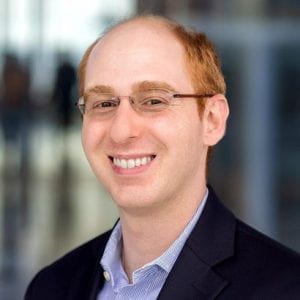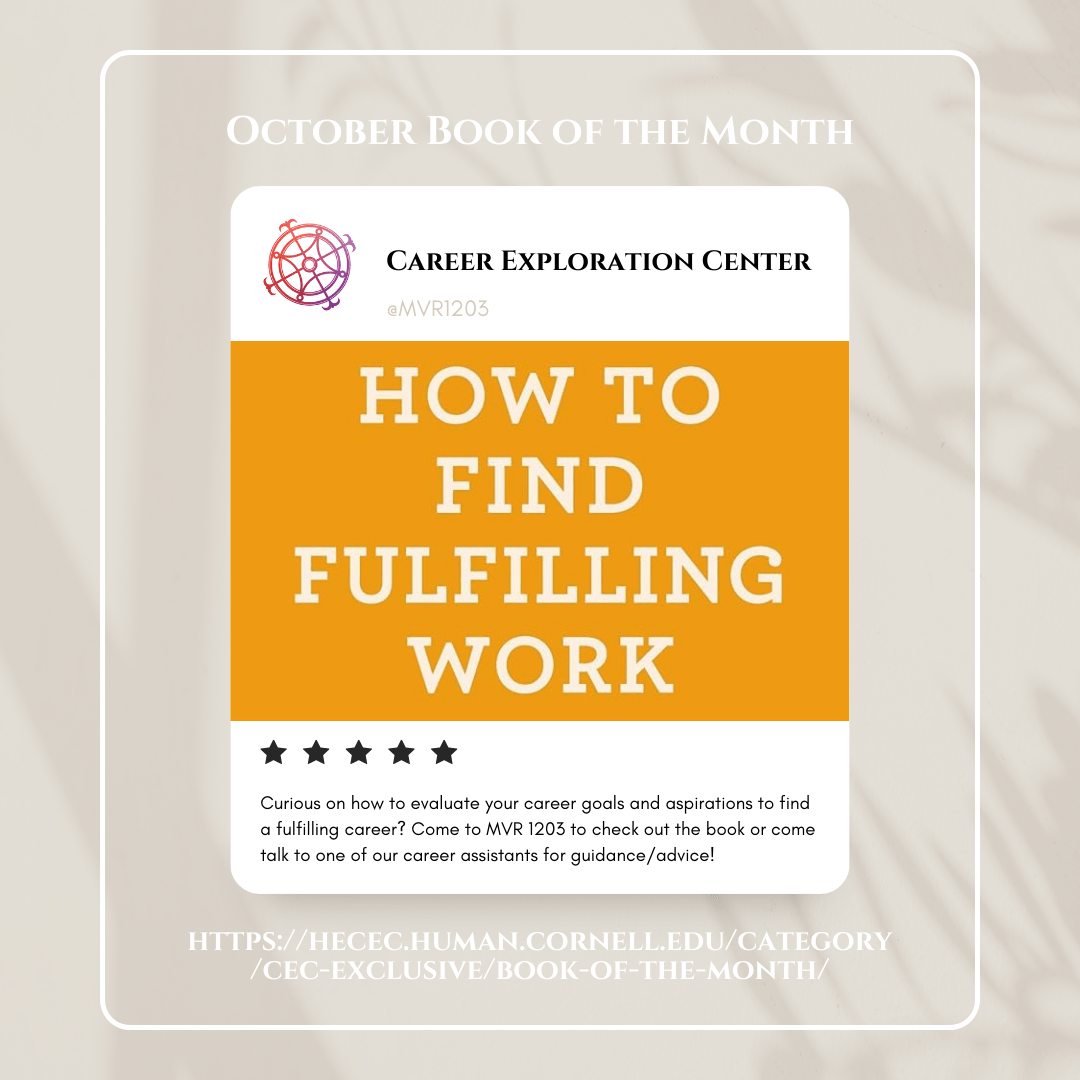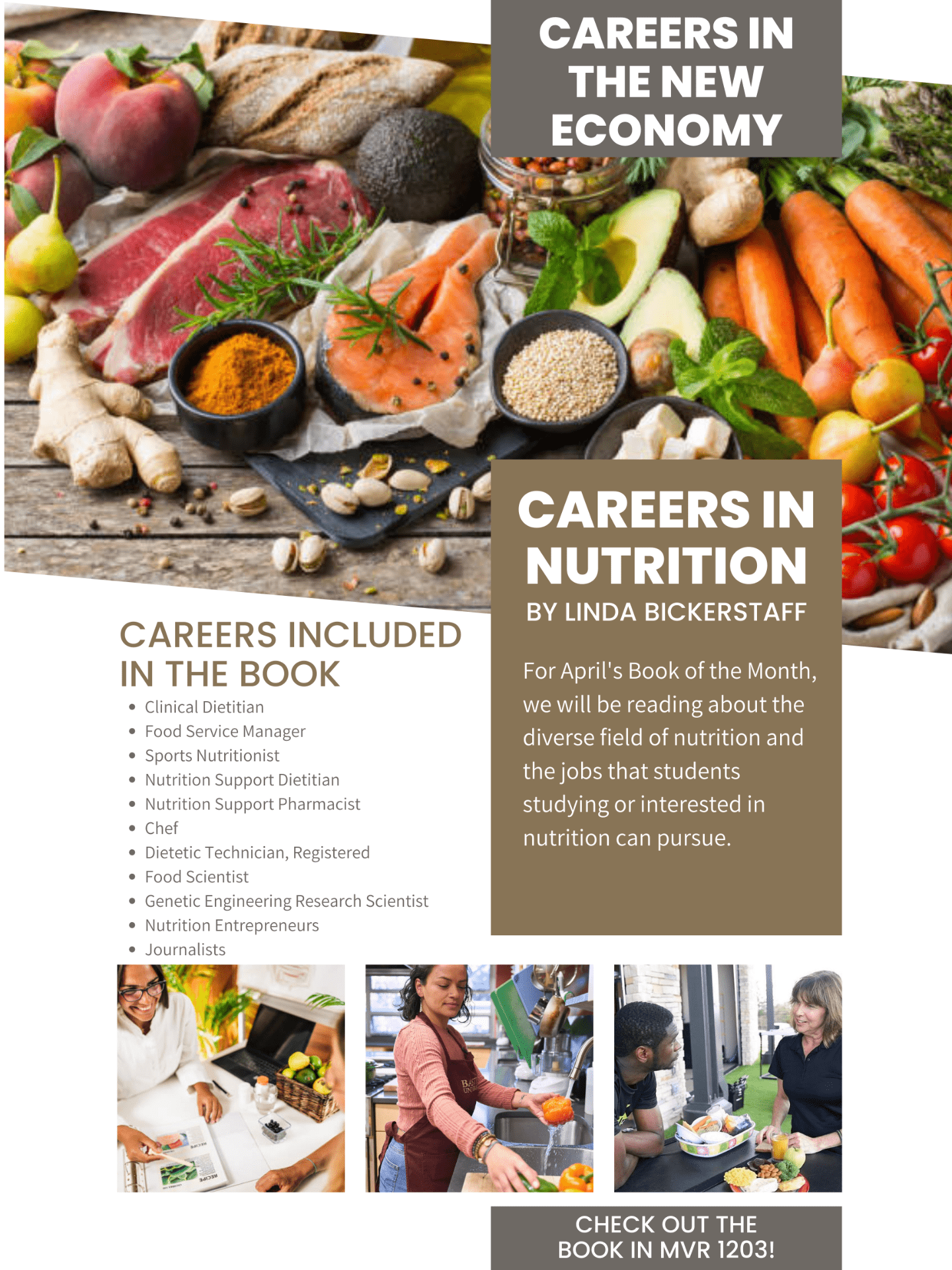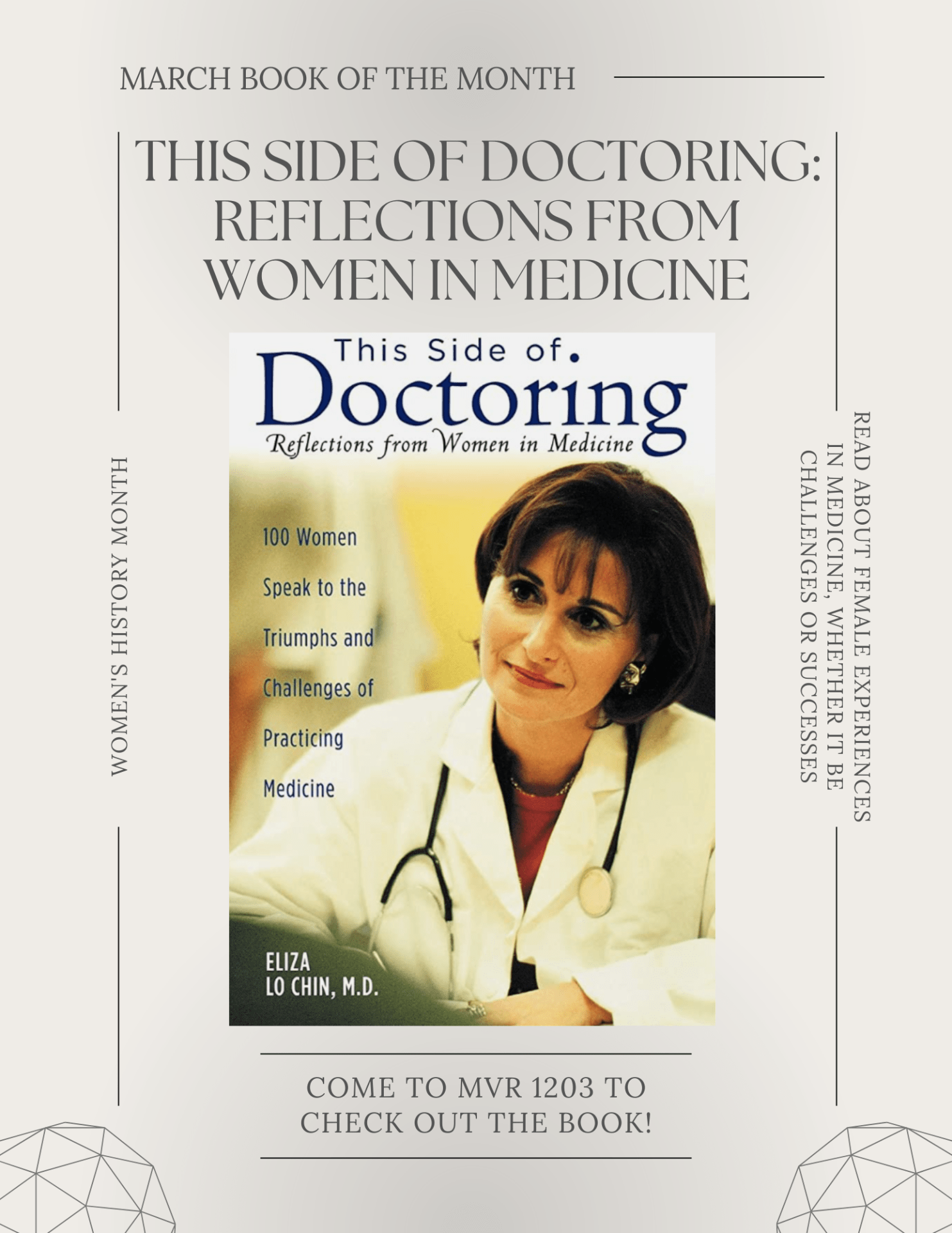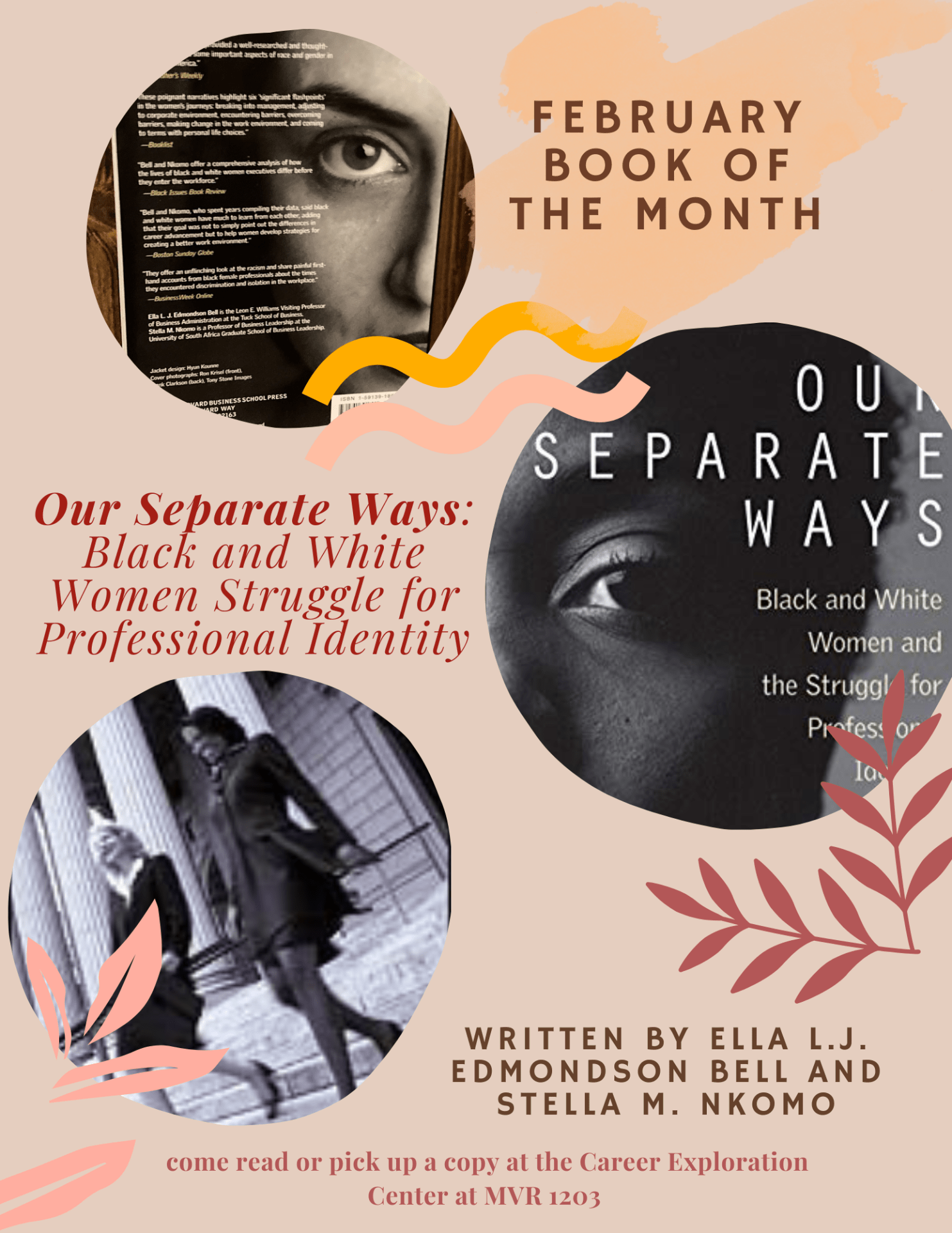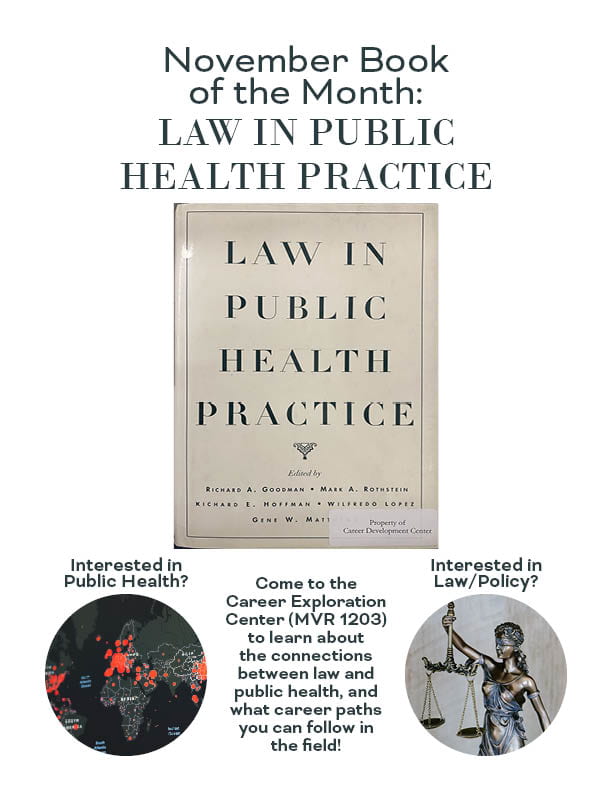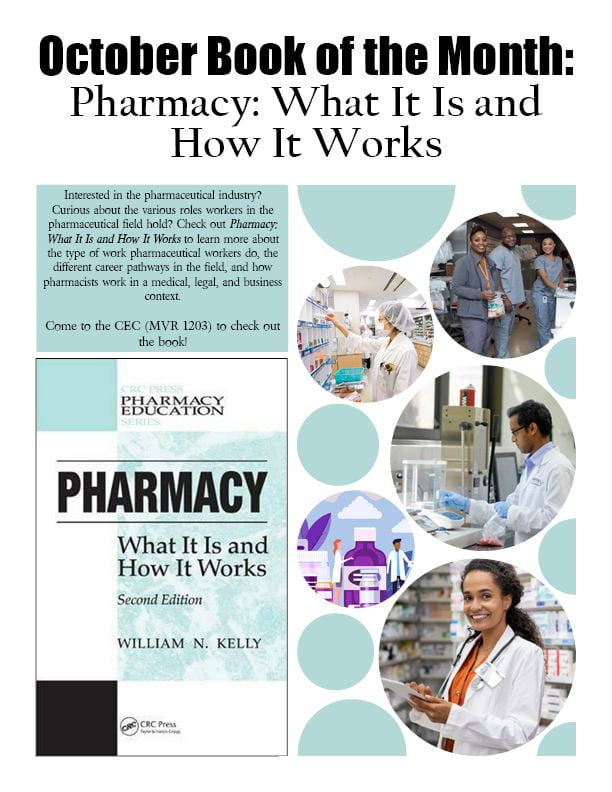Jonathan Fisher is an associate in the New York office of Milbank LLP and a member of the firm’s Alternative Investments Practice. His area of practice focuses on structured finance and securitizations, including collateralized loan obligations. Prior to joining Milbank, Jonathan earned his J.D. from Fordham University’s School of Law and worked at Davis & Gilbert LLP as a litigation paralegal. He earned his B.S. in Human Development with a minor in the Performing and Media Arts from the College of Human Ecology, graduating in the class of 2017.
Jonathan Fisher, HD ’17, is an associate in the Alternative Investment practice at Milbank LLP, focusing his practice on structured finance, structured credit and securitization matters. He graciously decided to share about his experiences at Cornell and in the workforce on October 27th, 2023. Here are some of his insights:
Disclaimer: The following is the opinion of Jonathan Fisher personally and is not representative of any opinions of Milbank LLP, nor any of its employees.
Q: What is your work like? Could you tell me more about yourself?
A: I work in the field of law and have since graduation (outside of law school at Fordham University). Soon after graduating from Cornell, I joined Davis & Gilbert LLP as a paralegal in the litigation department, which included two CHE alumni.
After law school, I joined Milbank LLP, where I’m currently a second-year associate in Milbank’s Alternative Investments Practice. Most of my practice is representing collateral managers, who are finance professionals who look at bank loans and other financial products to give advice on minimizing risks and maximizing rewards for the manager’s clients. It’s a very niche area of finance where I get to learn everyday while working alongside a small team of attorneys. Because we’re a small team, we get to take on work that can stretch us beyond usual expectations and get the opportunity to start communicating directly with both our clients and lawyers for the other deal parties very early on.
When I’m not working, I stay connected with my friends, many of whom are from Cornell, and enjoy the performing arts when I can. I started writing some music and musicals at Cornell that I occasionally tinker with when I have time as well.
Q: What was your CHE experience like? What were you involved in during your undergraduate years?
A: First of all, I loved my Cornell experience overall. From the first time I stepped foot on campus for a summer program in architecture (which I didn’t end up pursuing), to my last steps off campus when I graduated in May of 2017, the Ithaca campus has always felt like a second home to me. It was particularly moving to come back five years later in 2022, in the midst of the COVID-19 pandemic, and reconnect with classmates I hadn’t seen in years and look out at the campus. So much had changed in some ways, and yet plenty of spaces were exactly as I left them.
My CHE experience was where I got to be curious and try to make connections with what I’d experienced in life, what I was thinking about, and where the world could go in the future. And that speaks a lot to CHE’s desire to be a home of innovation, to take an interdisciplinary approach to improving lives. I think when I first came to Cornell, I didn’t know where life would take me afterwards, but I’ve always been a bit of a people pleaser and wanted to help people. But in the College, you could learn about the psychology of a person’s life, how we change over our lives, and watch this play out in front of you. Because of the interdisciplinary nature of the college, I wasn’t solely focusing on psychology and Human Development coursework. As a singer my whole life and someone who loves to create, I was able to take courses in the Music and PMA departments to explore my love as well. One of my favorite courses now is a Psychology and Law course, co-taught by Cornell Law professors Valerie Hans and Jeffrey Rachlinski. Underpinning everything was learning more about others, how we think, and key skills developed over time that lead to desirable qualities of leadership and teamwork.
I was also highly involved at Cornell in various organizations. I was a member of the Cornell University Glee Club for basically my whole time at Cornell, and served as a music librarian for three of those years. I was an Active Citizen at William Keeton House, where I lived for three of my four years. I served on the Academic Integrity Board for the College, both as a member and an alternate. I kept in touch with my Jewish roots through the various organizations at Cornell, including Cornell Hillel and the Center for Jewish Living. And I was fortunate to help be on the Convocation Committee which helped select the Convocation speaker, which was now-president Biden.
Q: Are there skills or internships that you think students should focus on right now, which could be advantageous in multiple professions in the future?
A: Something that was emphasized in law school about internships is that to a certain extent, the name of the company you work for matters less than the transferable skills that matter for the profession you are searching for. Even if the internship is not in the area you expect to focus on for the rest of your life (or even the first few years after school), focus on what you can take away as one of your strengths, or how you will act in a new situation.
Skills that I find important, especially working in a large law-firm setting, include being curious, being collaborative, keeping an open-mind, asking questions (but also know when and where to ask them), being communicative and responsive to others, and organization.
The single-most important skill that’s transferable across professions is how to best solve a problem. No matter where your career goes and at what level of that profession, you’ll be faced with problems – what are the toolkits at your disposal and how do you work through them?
Q: What advice would you give to students who are debating between entering graduate school or immediately entering the world of work?
A: If you’re on the fence, many professions usually have points in time where if you want to go to school, you can either leave with the skills you gained from working and come back with those new skills. For those with a particular research question or desire to deepen knowledge in a career, especially now, then graduate school up front is definitely a great way to go.
When it comes to legal work, this can go either way. You may be able to learn by working before law school about both if you truly are interested, and if so, help develop what area of law you might be interested in.
Most importantly, you have to be able to enjoy what you are doing in the moment and the work environment you are in. Maybe you’ll discover a new passion, or a research question, or a desire to help people or learn business skills – each could motivate you to go back to school. And in law, it’s not that uncommon to come into that field later, even as a third career.
Two important things to remember are that you should a) figure out what you like and b) take the leap of faith. Nothing is guaranteed so it is very important that you plan to the best of your ability and to just do your best.
Q: What advice would you give to your undergraduate self?
A: Don’t be afraid to take a leap of faith and stray from the path you think you’ve planned. In some ways, I stuck very close to what I wanted to learn and am very happy to have done that exploration. I could have branched out more, but I also look back on how remarkable the last few years have been. Ten years ago, I was probably talking about movies and musicals non-stop, and now, I am helping the finance world generate value to keep our markets running. The path may have been winding, and I’m sure there will be plenty of revisiting and exploration of other areas down the line, but I wouldn’t have done that without being willing to say yes, try to enjoy being in the moment, and not being afraid to step off that path and see where it goes.

